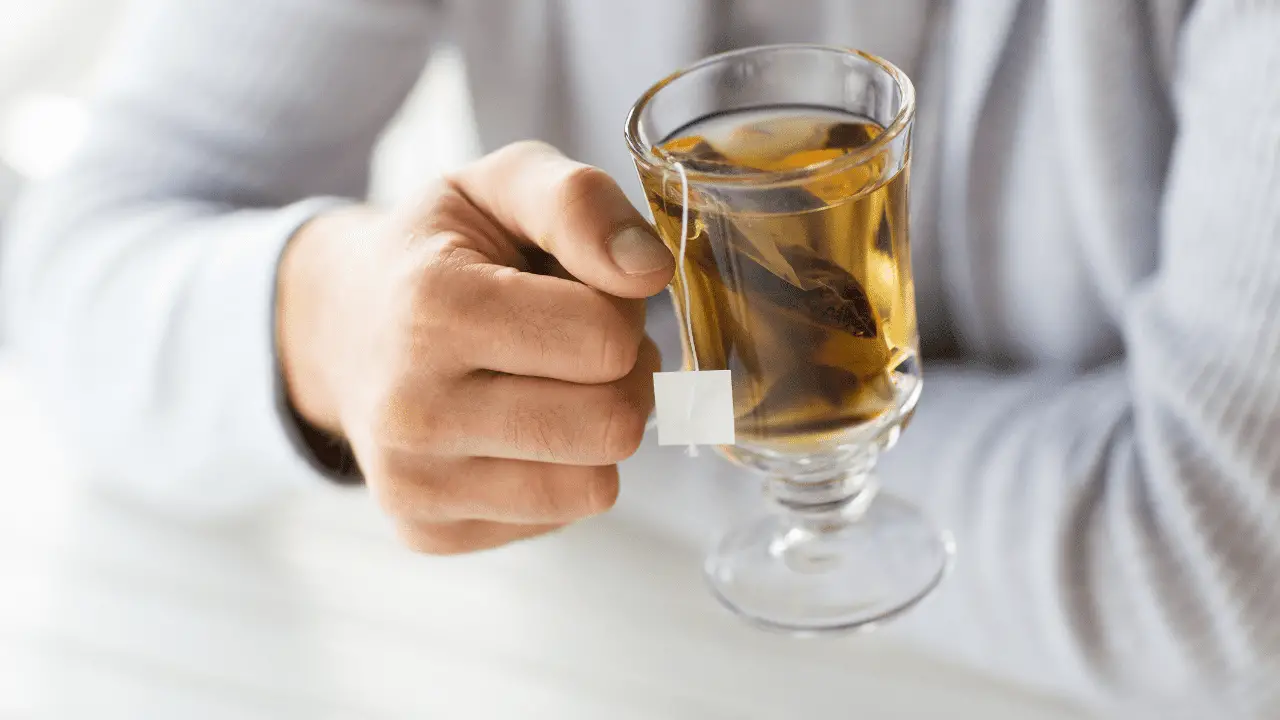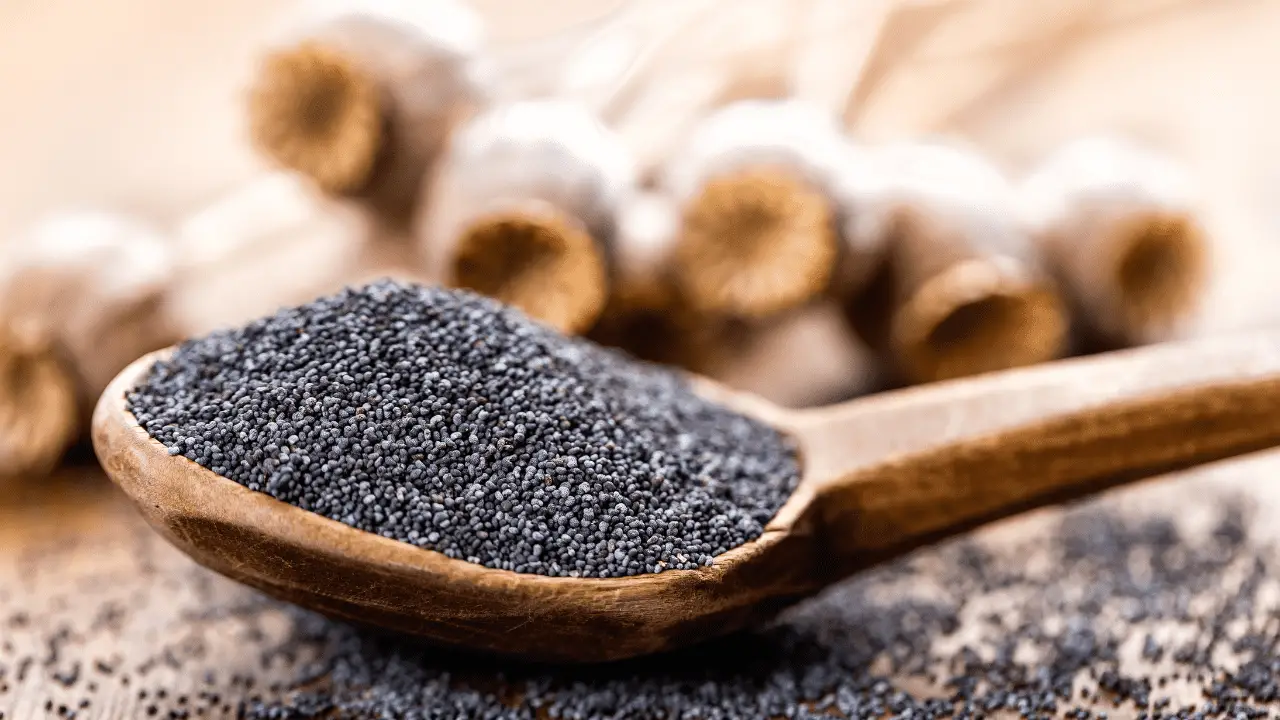Tea is a hot beverage that originated in Asia, where it then grew to be the continent’s favorite beverage. Nowadays, people drink it all over the world. We will bet that you’ve probably tried a cup of tea one time or the other. Tea is everywhere as even coffee bars and popular drinks include it to some extent.
It is widespread knowledge that tea is healthy. Many studies show that compounds present in tea have antioxidant and anti-inflammatory activity that is good for the body. But what effect does tea have on specific organs? Say the brain?
There have been some niche studies on tea, and its effects and compelling is its positive impact on the brain. A recent study by researchers at the National University of Singapore found that regular tea consumption improves brain functioning. This study reported a higher cognition from the study group participants when compared to the non-drinkers control group. In that study, the researchers even examined the neuroimaging data to come to their conclusion. This study is particularly impactful as till now we were focused on the common effects of tea.
Brain health is essential to living a worthwhile life. It would help if you had optimal brain function to thrive and perform your best. Understanding how the things we eat or drink might affect that is particularly impactful and exciting. So, what exactly are the benefits of tea on the brain?
Tea Increase Alpha Waves, Promoting Calm.
Tea contains caffeine, a stimulant that increases alertness, energy, and endurance. While coffee also contains caffeine, it doesn’t necessarily have the same effects. Unlike coffee, tea contains a unique amino acid: L-theanine.
Studies show that within 30 minutes of consuming a cup of tea high in theanine, alpha brain waves increase and create a feeling of calmness. Most people describe the effects of drinking an L-theanine-rich tea as a state of focused calm.
In case you were wondering which tea to go for, consider the following:
- If alertness is what you seek, choose a higher caffeinated tea like black tea, which has around 80 milligrams of caffeine, instead of green tea, which only has half the amount. Although some types of black tea, including Ceylon pekoe, Earl Grey, and Darjeeling, contain substantial quantities of L-theanine, their relatively higher caffeine content overrides the calming effects.
- If more calm is what you desire, consider a high-quality Japanese green tea as it contains the highest quantities of L-theanine. We also recommend Matcha as it contains one of the highest concentrations of the compound.
Tea Help Lower Oxidative Damage in Brain
The catechin antioxidants in tea, particularly EGCG is known to have neuroprotective effects as it decreases the production of factors that cause inflammation in the brain. The brain is relatively metabolically active and therefore susceptible to oxidative stress and damage to its cells and tissues.
Additionally, the catechins in green tea appear to inhibit a specific enzyme that helps produce beta-amyloid proteins that form plaques in the brain and contribute to Alzheimer’s disease. A study published in 2017 found that drinking tea reduced the noted cognitive decline in older participants by half. Another study found that regular tea drinkers had better brain organization and improved episodic memory in older adults.
The Best Tea’s for Boosting Brain Health
1. Turmeric Tea
Curcumin, an antioxidant, and anti-inflammatory is shown to improve cognition in patients with Alzheimer’s disease. Curcumin, also linked with reducing the beta-amyloid plaques in the brain, delays neuron death, and reduces microglia formation. This protects the brain from damage.
2. Lion’s Mane Mushroom Tea
Lion’s mane mushroom is a potent anti-inflammatory. It neutralizes the oxidative stress on the neurons, increases the activity of the enzymes involved in the neutralization of free radicals, thereby reducing toxicity and preventing premature death of neurons.
Adding Lion’s mane mushroom powder to your tea can be a great way to boosting your brain’s health.
3. Rosemary Tea
A study done on Rosemary found that it improved cognitive function following repetitive mild traumatic brain injury in animal subjects. It inhibits neuronal degeneration by increasing the enzyme activity involved in the neutralization of free radicals and inhibits the chemicals that initiate the process of inflammation. It acts as an anti-inflammatory agent, protecting the brain from oxidative damage and impairment.
4. Ginkgo Biloba Tea
Studies on animals found that ginkgo Biloba delays the death of the neurons following exposure to oxidative stress, which indicates it is neuroprotective. Few other studies, also in animal subjects, correlated a decrease in ischaemic strokes when consuming Ginkgo Biloba.
5. Gotu Kola Tea
Gotu Kola is an Asian herb that has many positive benefits in various organs, including the brain. Recent studies in rats have demonstrated a positive effect, concluding that Gotu kola has neuroprotective action. Gotu Kola is associated with improving hippocampus function, thereby improving memory and intelligence.
6. Green Tea
Green tea is one of the best teas to support brain health as it contains a component called catechin ( a type of antioxidant). Recent studies suggest that drinking green tea decreases the incidence of neurodegenerative diseases like Alzheimer’s and Parkinson’s’ disease.
Can Tea Really Help With Your Brain?
Now, we have to remember that brain health, especially neurodegenerative diseases, depends on many other things. Certain factors such as keeping your brain active, getting good physical exercise, avoiding head injuries and alcohol, and even maintaining good relationships are all linked to keeping your brain functioning optimally.
Genes are another significant factor in neurodegenerative disorders; unfortunately, this cannot be altered much. Suppose you have the genes for a particular neurodegenerative disease. In that case, you may not be able to prevent it, but you might be able to delay the onset and progression of the disease with a good lifestyle.
Although the teas mentioned above are the most common teas that are good for brain health, they are not the ultimate solution. If you are drinking a lot of alcohol or consuming substances that harm your brain health, a cup or two of tea at the end of the day will probably not counteract the damage.
To get the best possible outcome, you must make cohesive lifestyle choices: A good diet, a regular workout routine are such examples. Everything combined will provide you the best possible neuroprotection possible for you even if you have the genes for it. Remember, your environment plays a vital role in the expression of your genes.
Takeaways
The teas listed above are rich in antioxidants catechins that protect against oxidative damage and compounds. They also include L-theanine, a compound that increases alpha waves and relaxation. Catechins have also be linked to reducing the likelihood of developing Parkinson’s disease as they block the production of enzymes that break down dopamine.
Although scientists need to explore the effects of tea and brain health more closely, sipping a cup of beverage is far better than drinking a sugary beverage.
So next time you enjoy a cup, take some comfort in knowing that your tea is not only soothing but may also be good for your brain!







